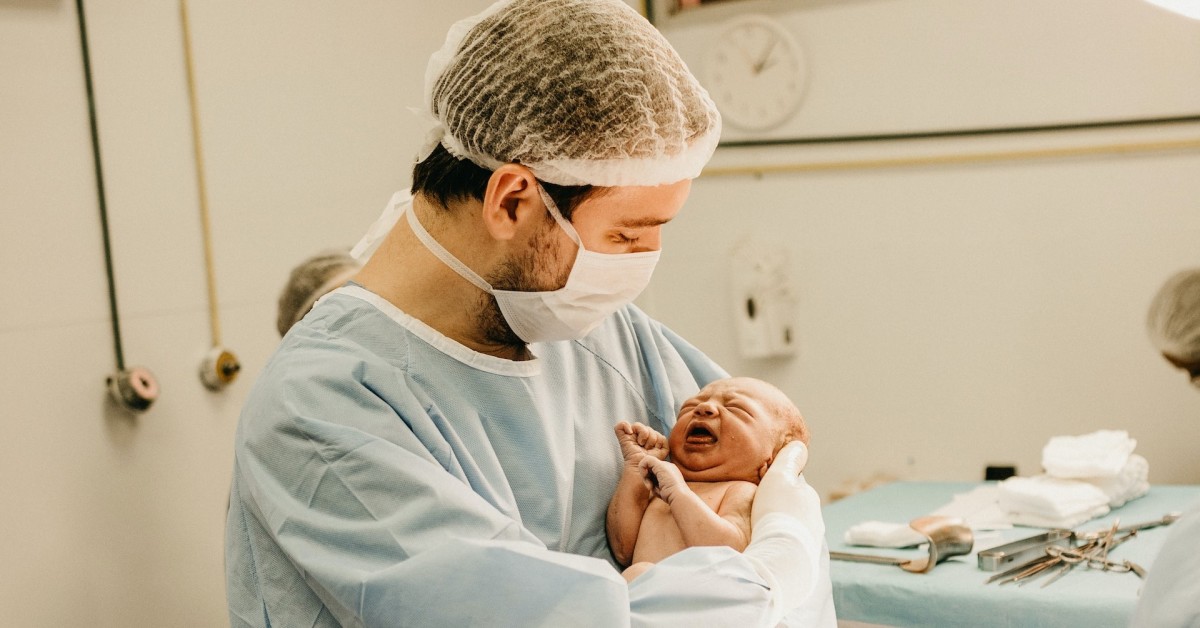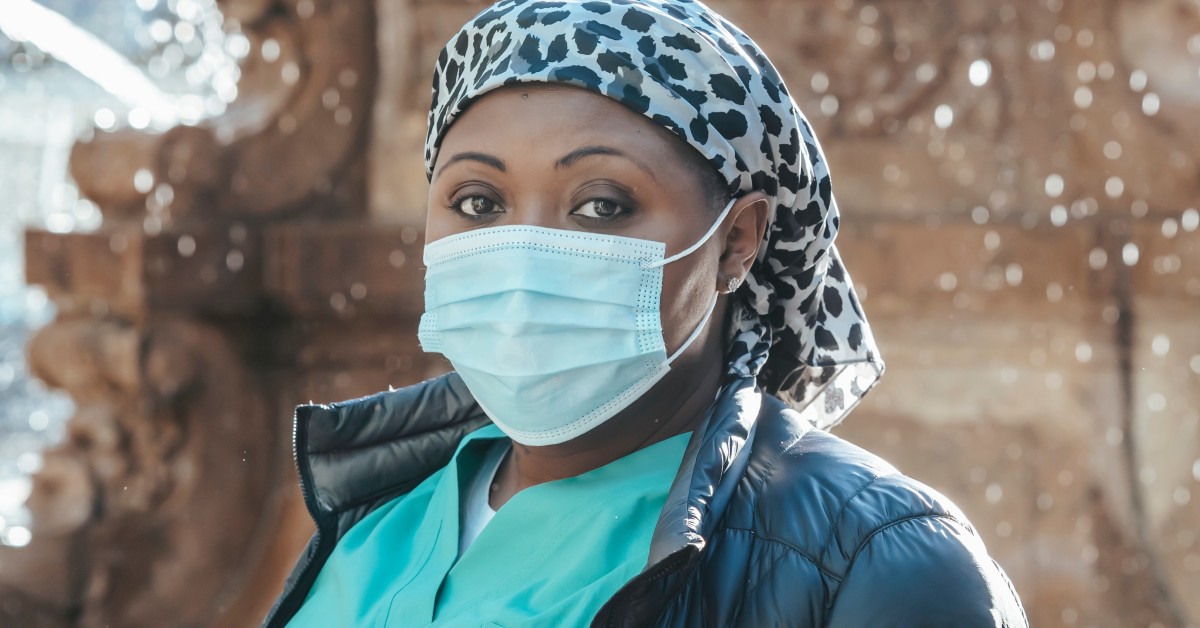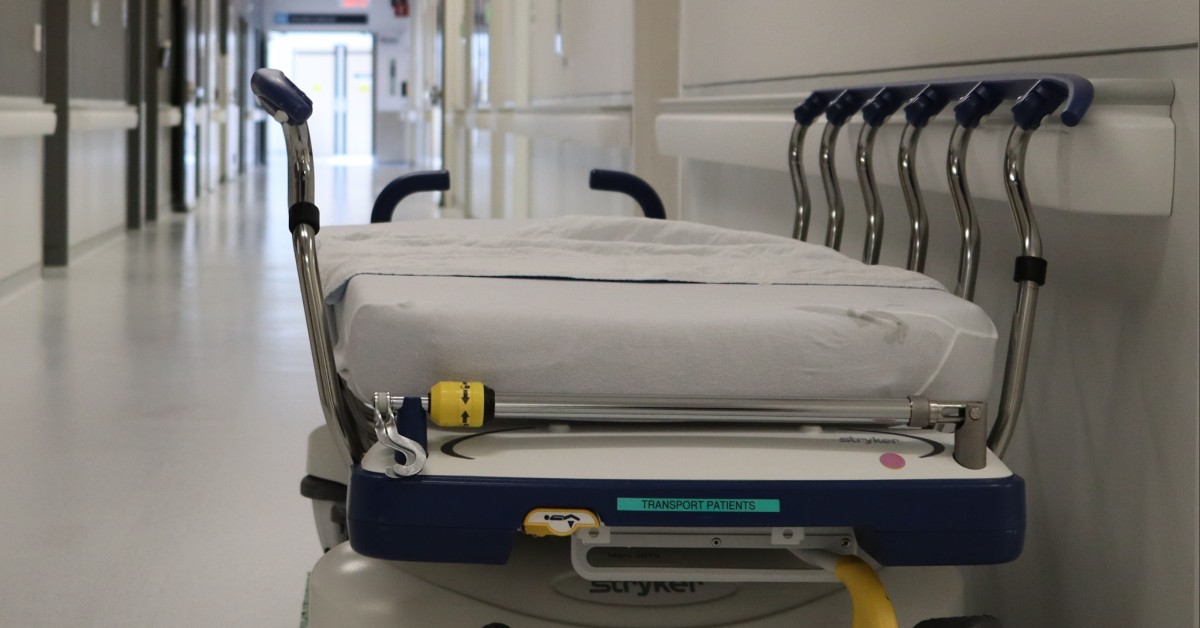
What Does a Family Nurse Practitioner Do?
Family nurse practitioners perform most of the same tasks as [...]

Some will tell you that oncology is the most rewarding specialty in nursing. Others will counter that it's one of the most heartbreaking. Where you fall in the debate may depend on your tolerance for emotionally distraught patients and death and dying. Keep reading to find out whether you have what it takes to become an oncology nurse.
The nurses who work in cancer care are a special breed. They have to be. Every patient who walks through the door is waging a personal war—a war that some will lose.
There’s no denying that oncology is a challenging nursing specialty. You will be pushed to the limit, utilizing all of your skills (both your medical training and soft skills like therapeutic communication) all the time. And yet, it’s also a fascinating specialization, one that constantly evolves as research reveals new insights and drives new treatments. In oncology, you’ll see some of the newest drug therapies and gene therapies in action.
Many nurses choose oncology because they have a personal connection to cancer. The Oncology Nurse-APN/PA, a publication written and edited by oncology nurses, asked members of its online reading community to share how and why they ended up in oncology.
Many responses were startlingly similar:
Whether you have that kind of personal connection or you’re just passionate about helping people, oncology nursing may be the career for you. As an oncology nurse, you’ll have opportunities every day not only to help alleviate patients’ discomfort but also to give patients and their families solace and hope.
In this article about how to become an oncology nurse, we’ll cover:
Oncology nurses care for, educate, and support patients of all ages who have been diagnosed with cancer. They work as part of a multi-disciplinary team that includes doctors and specialists, but often spend more time with patients than anyone else on the team.
When you become an oncology nurse, you may do all this and more in a:
It’s worth noting that you might not officially be responsible for providing end-of-life care or palliative care in this role, but chances are you will sometimes have to do so.
The quick answer is that both registered nurses (RNs) and advanced practice registered nurses (APRNs) like nurse practitioners and clinical nurse specialists work in oncology. RNs are more common, but APRNs are able to do more for their patients (e.g., prescribing medication for pain management).
Oncology nurses are typically empathetic and passionate about helping people. They have to be because newly diagnosed and critically ill patients and their families are often scared, angry, and in pain. A nurse’s primary responsibilities may involve providing medical care, but oncology nurses also do a lot to help patients and their loved ones cope with the hurt and hardships that go hand-in-hand with cancer.
While it’s still possible to go into nursing with nothing more than an associate’s degree (for now, at least), you probably won’t have much luck finding a job in oncology without a Bachelor of Science in Nursing (BSN). If you’re already working as an RN, there are RN-to-BSN programs that can help you get your BSN in less than the usual four years.
If this is your first foray into higher education, however, you’ll find highly-ranked BSN programs at schools like:
It’s worth noting that a top-ranked nursing program is not necessary to become an oncology nurse. Your nearby state university probably offers a BSN that will serve you just as well in this career, at a much lower cost.
Once you’ve earned your bachelor’s in nursing, you also need to pass the National Council Licensure Examination (NCLEX-RN) exam and apply for your nursing license from your state board of nursing. Only then will you be a registered nurse qualified to work with patients—including cancer patients.
Some oncology nurses stop there and start building careers. Others work for a few years in a variety of specialties (often in acute or critical care) before going back to school to earn a Master’s of Science in Nursing (MSN) degree. There are more than 300 accredited MSN in programs in the US, encompassing on-campus and online programs. These programs are designed for aspiring advanced practice nurses. To get into oncology, look for master’s degree programs designed for nurse practitioners and clinical nurse specialists. There aren’t many colleges and universities that offer MSN students the option of choosing an oncology subspecialization, but a few do.
There are also RN to MSN programs that help working nurses get their advanced practice credentials faster.
Education isn’t all it takes to become an oncology nurse, though having an MSN with a concentration in oncology certainly doesn’t hurt. While you’re still in school, you can join the Oncology Nursing Society (ONS) at a reduced rate. It has resources that include:
After you graduate from nursing school, you can increase your chances of getting a job in oncology by taking courses. ONS offers courses on cancer biology, patient monitoring in oncology, safe handling of hazardous drugs, chemotherapy administration, hematology-oncology, and other topics that will enhance your knowledge. These courses count toward continuing education hours when you’re renewing your nursing license or certifications, an additional benefit.
Last but not least, you can take the ONS’s Chemotherapy and Biotherapy Course after six months of working as a nurse in any specialty. At the end of the two-day course, you’ll have your chemotherapy provider card, which some employers require.
You might be able to find lasting work in oncology without becoming oncology-certified. Still, eventually, you’ll be competing for positions against other nurses who’ve earned certifications related to cancer care. The most common certifications for oncology nurses are offered through the Oncology Nursing Certification Corporation. They are:
There are other certifications that you might want to look into when you become an oncology nurse. You can find certifications in chemotherapy, radiotherapy, pain management, side-effects management, and other skills and subjects relevant to oncology nurses. Like all nurses, oncology nurses need to complete a certain number of continuing education hours to maintain both their licensure and their certifications. How many will depend on what certifications you have and your state’s regulations.
Oncology nurses can earn anywhere from $73,000 to $94,000 a year, which isn’t that much more than RNs in other specialties earn. Earning additional certifications can help boost your income, and going back to school to get an MSN can open up more lucrative opportunities in oncology. With an MSN from a program with an oncology concentration, you can become an Advanced Oncology Certified Nurse Practitioner (average salary $104,000) or Advanced Oncology Clinical Nurse Specialist (average salary $95,000).
Oncology nursing isn’t just another role in medicine. It’s a commitment that involves an emotional investment some people just aren’t prepared to make. A 1992 study by the Oncology Nursing Society‘s Life Cycle of the Oncology Nurse Task Force described the essence of oncology nursing as “being on the front lines of a war against death, disfigurement, and intense human suffering…the cancer nurse’s empathy is sharpened by the awareness that ‘this could be me or my loved one.’ Finally, working with patients with cancer means ‘being there’ for people in their most private moments of suffering and responding to the heights and depths of their responses to this suffering.”
All nurses have to be compassionate, empathetic, and resilient in the face of pain, but when you become an oncology nurse, your days may be physically, mentally, and emotionally exhausting. If you don’t have a passion for oncology nursing and strong motivations for pursuing this specialty, you will probably burn out very quickly.
You should also think long and hard about the fact that becoming an oncology nurse will mean dealing with end-of-life issues more often than nurses in most other specialties. Grief and loss—your own (because you will grow close to some of your patients) and those of deceased patients’ families—are part of the job. Oncology nurses have to be able to come to terms with seeing death. It can be especially challenging when you specialize in pediatric oncology.
If you can handle all the emotional work you’ll be called upon to do on top of your regular duties without sacrificing technical precision or an excellent bedside manner, you’ll probably make a great oncology nurse. The rewards you’ll reap will go so far beyond the money you’ll earn.
As Jiajoyce R. Conway, DNP, CRNP, AOCNP, put it in an Oncology Nurse Advisor post, “I am humbled by my patients’ strength, courage and perseverance in life. The opportunity to serve these men and women is a privilege and honor, it gives me the opportunity to encourage them on their journey of hope and survivorship, and celebrate the gift of life. Either through touch, supportive care, or just being there, all that I do makes a difference from the greatest to the least.”
(Last Updated on February 26, 2024)
Questions or feedback? Email editor@noodle.com

Family nurse practitioners perform most of the same tasks as [...]

You'll find FNPs in primary care clinics, hospitals, urgent care [...]

Health care systems require social workers to assist individual patients [...]

Education requirements for nurses in the U.S. are becoming more [...]

Becoming a pharmacist requires a good deal of schooling: a [...]
Categorized as: Advanced Practice Nursing, Nursing & Healthcare